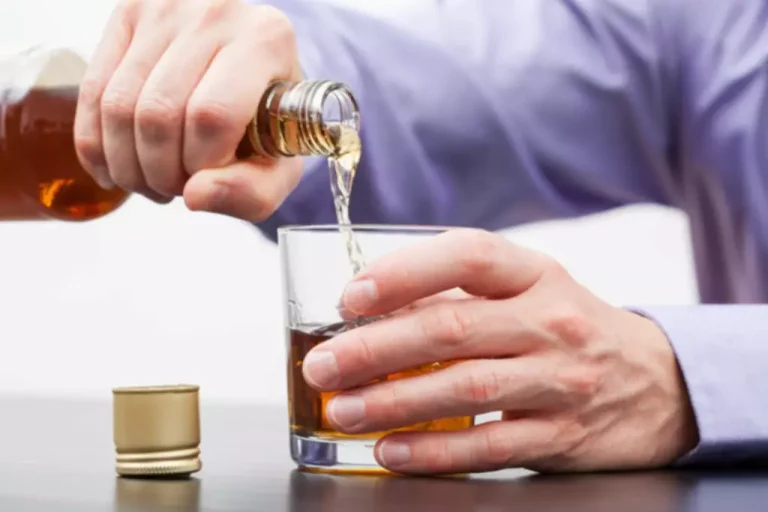
The support network extends beyond mentors to include recovery groups, supportive friends, and family, all contributing unique perspectives and shared wisdom. You might predict that cravings would be a problem when recovering from addiction since you no doubt experienced plenty of cravings during active addiction. However, coping with cravings when you intend to never use drugs and alcohol again is a next-level challenge because you often experience a craving as a sort of command that’s very hard to refuse. Over the course of 1 day, there were 336 possible activity responses (ie, each ofthe 14 participants indicated an activity for all 24 hours of the day) on theDOQ.
Learn to Navigate Early Recovery With At-Home Addiction Treatment From ALYST Health
- In the early days of sobriety, recognizing personal triggers is the first essential step toward managing cravings.
- By implementing these strategies, individuals in early recovery can successfully identify and avoid triggers.
- No matter the substance, you might feel irritable, anxious, or even downhearted during detox.
- You may even get to the point where you’re lying to them and stealing from them to feed your addiction.
Individuals with experience and expertise may find a route to full employment by first being willing to offer their skills pro bono or as a volunteer to businesses or nonprofit organizations in their field. Although addiction tends to cut people off from longtime friends, social support is a significant predictor of recovery. They may know something about the person’s deepest aspirations and voice them as a reminder that can help the person remain on the road to recovery. And they can help plan healthy joint activities to ensure that there are good days. Transitioning from a treatment facility back to normal life is often more challenging than people realize. They go from a highly structured, sheltered, and supportive environment back to basically the same environment where their drinking and drug use was out of control.

Healthy Coping Mechanisms
During the most busy day, for all participants, work was selected a totalof 53 times (15.8%). Of those 53 times, work was new 9 times (17.0%) andimportant 50 times (94.3%). Daily living tasks were indicated 73 times (21.7%).Of that, daily living tasks were new 11 times (15.1%) https://ecosoberhouse.com/ and important 46 times(63.0%). The recreation/social category was selected 40 times (11.9%) in total.Of that, recreation/social was new 11 times (28.0%) and important 16 times(40.0%). Rest was the most frequently selected activity category on the mostbusy day (104, 31.0%).
Strategies to Resist Temptations and Cravings
Navigating the initial phases of recovery requires a steadfast approach to managing triggers and temptations. In this section, we’ll explore effective strategies to identify and avoid triggers, as well as practical techniques to resist temptations and cravings. With insights backed by professionals in the field, we aim to equip individuals with the tools needed to regain control and embrace the early stages of healing. Remember, educating yourself about addiction and recovery is an ongoing process.


This positive outlook can transform the recovery experience, turning challenges into opportunities for growth and reinforcing the belief that lasting change is possible. Establishing a strong support system is essential for maintaining accountability during the early stages of recovery, acting as both a safety net and a source of encouragement. Finding these healthy outlets can transform the recovery journey into a path of growth and self-discovery.
Early Recovery Challenges

Alternative therapies like mindfulness practices and art therapy can greatly aid recovery. Mindfulness fosters self-awareness and stress reduction, while art therapy provides a creative outlet for expressing emotions and coping with challenges. As individuals navigate their early recovery journey, regular check-ins with a support system are essential for maintaining progress. Regular physical activity, whether through weight training, cycling, or group fitness classes, releases endorphins—natural mood lifters that greatly enhance one’s outlook on life.

How to Manage Withdrawal Symptoms in Early Recovery
You may even get to the point where you’re lying to them and stealing from them to feed your addiction. Drugs and alcohol impair your judgment, leading to more fights and faster escalation, and the list goes on. On the other hand, social support is one of the most important things in recovery. A lot of sober reframing holidays in early recovery people find themselves examining all their burnt bridges, wondering which ones can be repaired. The participants shared that when they experience unoccupied time, they turnto their previously established supports (ie, family, significant others,religion, helping others, etc.) to occupy their time.
- When someone who is abusing or who is addicted to illicit substances decides to enter recovery, it is a challenging, scary and life-altering event.
- Let Little Creek Recovery Center guide you down the right path to recovery, personal growth, and long-term sobriety.
- They are not occasion for blame or despair but for encouraging resumption of recovery.
- The gentle strokes of her brush on canvas became a metaphor for the careful steps she took in her journey to sobriety.
- Alcohol and other drugs can be fun friends at the beginning and seemingly bring only good things.
- Which sometimes is difficult but beinghere three times, a week help me a lot because I don’t have to thinkabout those three days and I only have Tuesdays and Fridays to thinkabout.
- Based on the findings of this research, it appears that the participants are in thepreparation stage, rather than the action stage.
- The demographic survey identified the participants’ age, gender,ethnicity and amount of time in remission for their currenttreatment episode.
- Don’t hesitate to take that crucial step toward a brighter, addiction-free future.
- Sobriety is and can be everything you have ever dreamed of, but it takes hard work and commitment.
Long-term sobriety is a byproduct of this transformative process that starts and ends with humble acceptance of one’s powerlessness. He’s got the family, the kids, the job, and no defense against the first drink because he’s powerless. Because of these factors, and a tendency to focus more on the new relationship than recovery, experts recommend abstaining from developing new relationships for one year.
At BlueCrest Recovery Center, we’re devoted to raising you from the challenges of substance use to the summit of recovery and resilience. Our expert team provides personalized, evidence-based treatment services crafted to support your unique journey toward healing. Reach out to us for the understanding and compassionate care you deserve on your path to wellness.
- Becoming complacent can led to relapse, it is important to continue working on yourself and your sobriety in order to keep it.
- People are often surprised how big of a challenge boredom is in recovery.
- By creating connections and fostering a sense of community, you cultivate a supportive network that enhances long-term recovery success.
- Remember that seeking professional guidance and support is a critical component of your journey, ensuring that you receive the personalized care and strategies needed to overcome addiction.
- Overcoming addiction requires a combination of detoxification, psychotherapy, and medication if needed.


